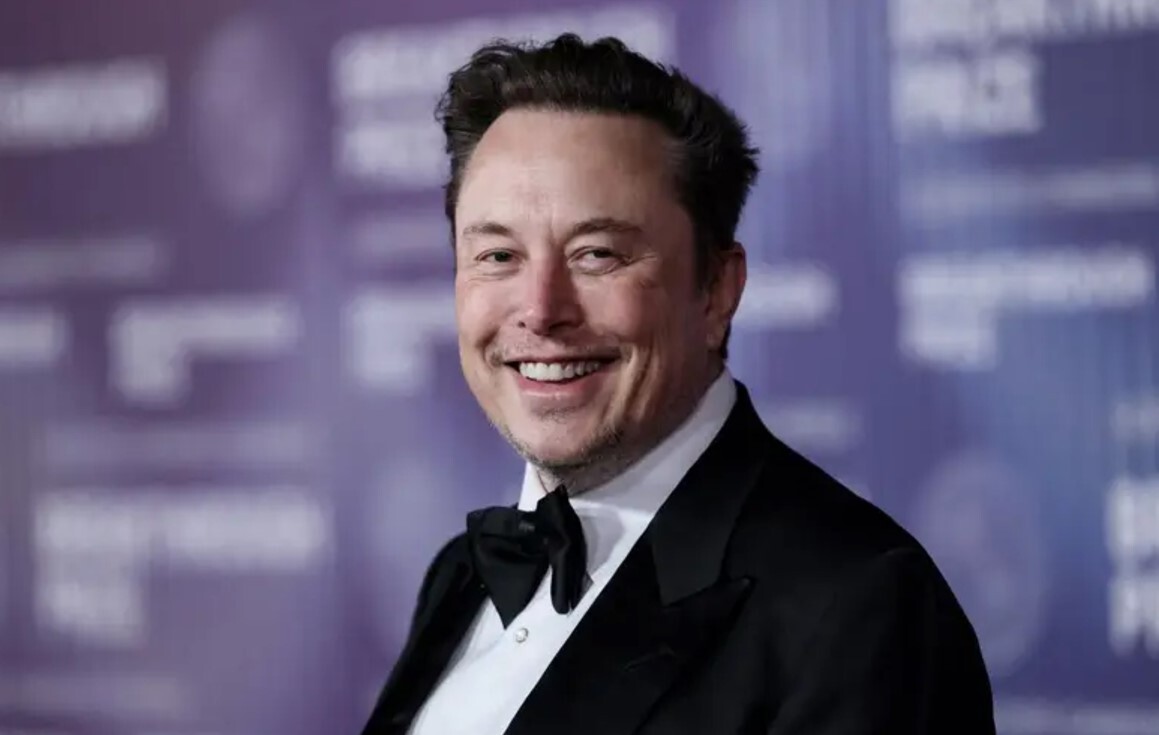


Elon Musk, a prominent Trump supporter, started his business career in the United States while working illegally. Following his departure from Stanford's graduate school, he turned his attention to starting Zip2. This company subsequently sold for roughly $300 million in 1999. Musk's subsequent endeavors were made possible by his success.
His ascent was not without difficulties, though. When Musk left Stanford, his immigration problems began. As a result of this ruling, he could no longer lawfully work in the United States. He couldn't just drop out of school to explore business prospects because he was a foreign student.
According to Derek Proudian, a former board member of Zip2, the venture capital firm Mohr Davidow Ventures demanded that Musk and his brother, Kimbal, obtain legal employment status within 45 days of their investment. Proudian said, "Their immigration status was not what it should be for them to be legally employed running a company in the U.S."
Musk frequently portrays his story as an immigrant as one of adversity and aspiration. He minimizes the legal difficulties he encountered at the time, though. In a 2005 email, he admitted that he did not have permission to create Zip2. "I didn't care much for the degree, but I had no legal right to stay in the country and no money for a lab," he wrote.
This revelation complicates Musk's public position, as he has adopted anti-immigrant rhetoric. He regularly attacks unauthorized immigrants and "open borders," saying they pose a threat to the United States. Despite these allegations, he has not revealed his lack of legal employment status at a critical juncture in his career.
According to legal experts, Musk would have required an employment permit to operate his startup. He was not granted this license until 1997. Recalling how they operated without authorization in the early days of Zip2, Kimbal Musk has publicly addressed their illegal position. This reveals a serious inconsistency in Musk's present political beliefs.
Musk became well-known at the same time as the United States changed its immigration laws. Visa requirements were less stringent before the 9/11 attacks. Like Musk, many international students frequently overstayed their visas. This was still unlawful even though it was rather widespread.
Musk's genuineness is doubted by the discrepancy between his previous behavior and current language, as his public persona has increasingly aligned with anti-immigrant sentiment. The examination of his undocumented employment status highlights the intricacies and shortcomings of the U.S. immigration system.
Musk hasn't talked much about his unapproved work period. Even though he wanted to concentrate on his goals rather than his official status, he acknowledged in a 2005 email that he had "no legal right to stay in the country" while developing Zip2.
In general, no. Visa-holding foreign students are not allowed to work outside of internships or jobs connected to their study on campus. Starting a business usually necessitates a different visa, like an investor or work visa.